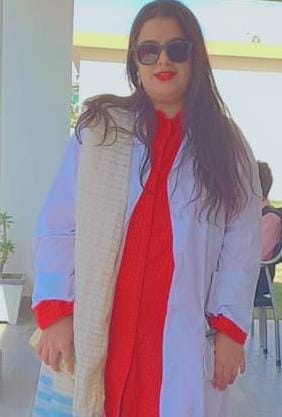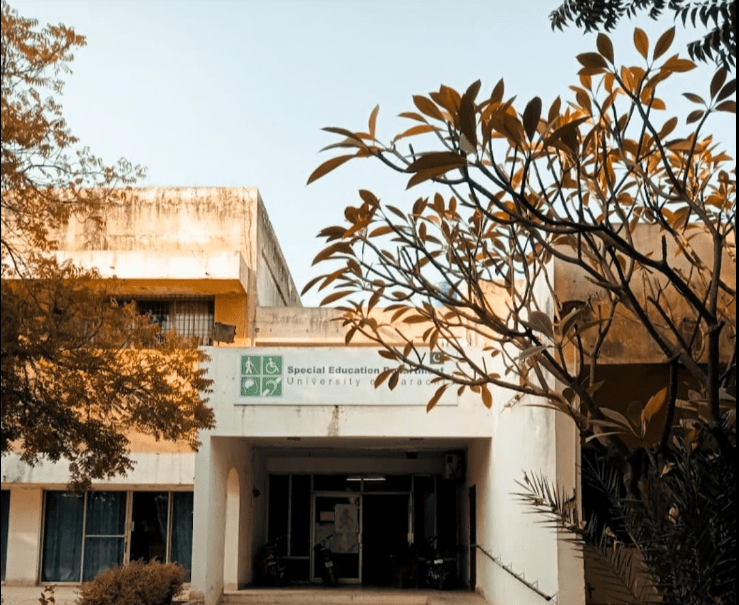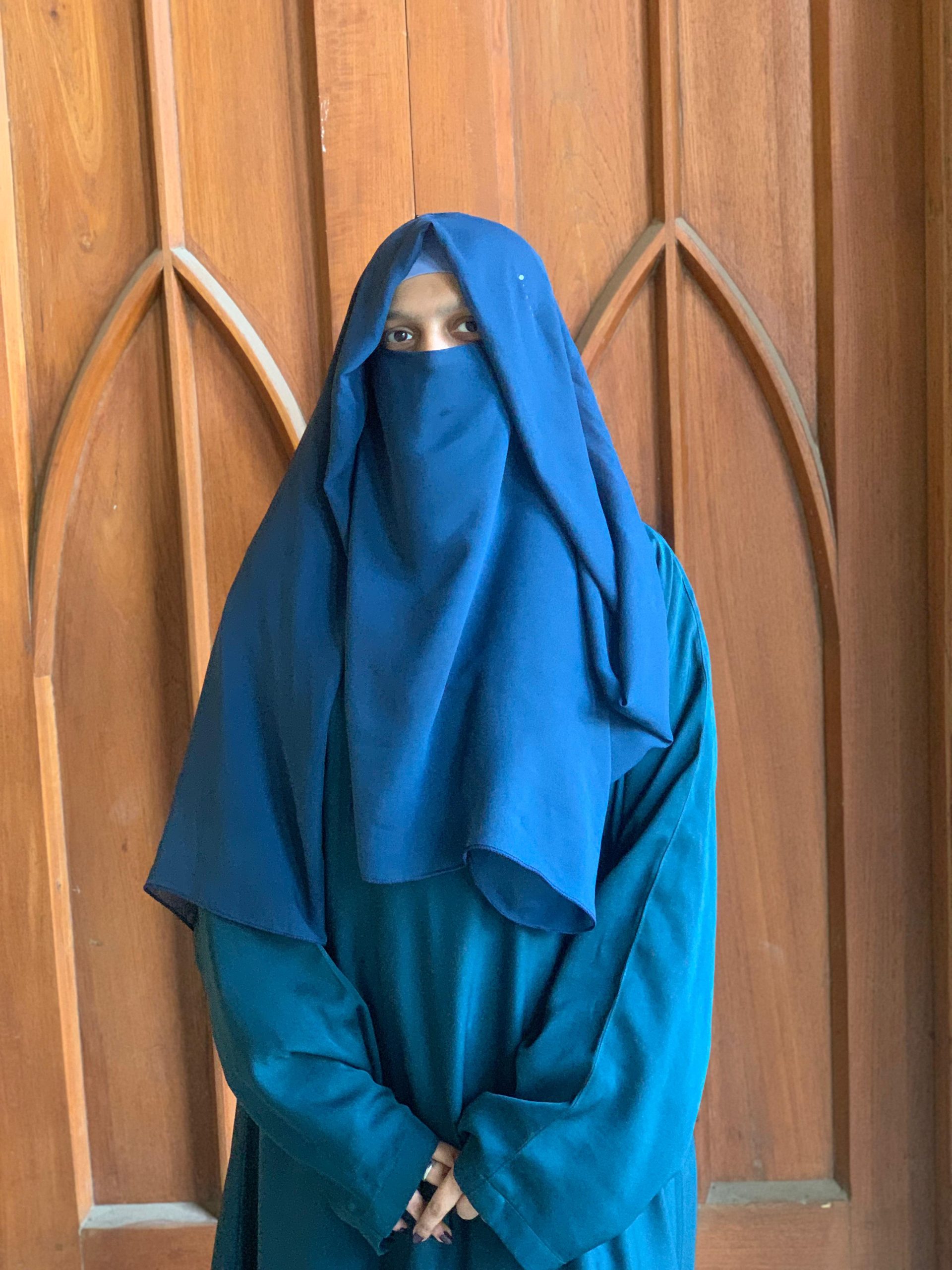Navigating challenges : Needs of special children’s parents in Sindh, Pakistan
Shumaila Bachal Malik
Department of Special Education, University of Karachi.
Sindh, a province in southeastern Pakistan, boasts a rich cultural heritage but grapples with socio-economic obstacles that affect the living standards of the people in several aspects including access to adequate educational, healthcare, transport services and leisure activities. This written expression delves into the experiences of parents raising children with special needs in Sindh, shedding light on the hurdles they face, how they cope, and the available support networks.
The world’s best feeling is indeed when you hold your baby in your arms for the first time, Parenthood brings is an incredible journey as it bring a mix of overwhelming emotions of love and a sense of responsibility, however for some it bring unique challenges that require attention and support, parents of children with special needs face numerous challenges and obstacles in their parenting journey.
Children with special needs encounter a wide range of conditions such as physical disabilities, developmental disorders like autism and Down syndrome, learning disabilities, and emotional or behavioral disorders. In Sindh, these conditions often go unrecognized and untreated due to a lack of awareness and resources.
One of the major challenges is observed to be the lack of awareness about the early intervention and therapeutic services among parents these delays in many cases worsen the disability level of the child.

With over 47 million residents living in underserved rural areas, Sindh faces challenges in providing quality healthcare and education. Poverty, illiteracy, and cultural stigmas further compound the difficulties faced by families with special needs children. While urban areas like Karachi amd Hyderabad offer more resources, there exists a stark contrast between urban and rural areas when it comes to therapeutic services,
Parents of special needs children encounter social stigma and discrimination not only at educational institutions and workplace but also at public places such as parks. Shopping malls, banks and restaurants ad well, leading to social isolation. Cultural misconceptions often attribute a child’s condition to supernatural causes or parental neglect, adding to the emotional burden on families,
Raising a child with special needs demands substantial financial resources for medical care, therapy, and specialized education. This burden is particularly challenging in a region where many families struggle to meet basic needs. Access to healthcare in Pakistan primarily relies on out-of-pocket expenses, making it unaffordable for many.
General public awareness about special needs conditions is low, leading to delays in diagnosis and intervention critical for the children’s development. Parents often lack access to information and resources necessary to effectively manage their child’s condition.
Sindh’s healthcare system often falls short in meeting the needs of children with disabilities due to a scarcity of trained professionals such as pediatric neurologists, developmental therapists, and special education teachers. Educational institutions also lack the resources such as an accessible infrastructure and trained processionals that hinder to accommodate children with special needs, limiting their opportunities for growth and development.
Several initiatives have been taken by the Government of Sindh to combat the arising challenges of the person with disabilities, including them are the establishment of “Department of empowering persons with disabilities” ( DEPWD) in 2014 under which 12 special schools, 5 rehabilitation centers and vocational training programs were formed. On August 9th, 2017: The country’s first autism center was opened along with a Braille printing press at a special education complex in Karachi, in 2018: The Center for Autism Rehabilitation and Training, Sindh (C-ARTS) was established, and it currently runs six centers in the province, providing services to around 600 people with Karachi and On October 12th, 2023: Layton Rahmatulla Benevolent Trust (LRBT) The organization that operates a network of hospitals across Pakistan that provide eye care services partnered with C-ARTS to promote eye care on World Sight Day, the government of Sindh have been working on collaborate with private special needs schools to have a public-private partnership to facilitate the private schools in providing services for the children with disabilities in acquiring adequate educational and therapeutic services.
NGOs and community organizations play a crucial role in offering support and raising awareness. Several NGOs in Sindh provide vital services including early intervention programs, vocational training, and advocacy. Organizations like the Pakistan Institute of Learning and Living (PILL) and the Karachi Down Syndrome Program (KDSP) offer specialized support and resources for families.
International organizations and donors contribute to supporting special needs children in Sindh through capacity building, healthcare professional training, and inclusive educational programs, aiming to bridge the gap between demand and service availability.
In the absence of formal support systems, parents rely on extended family and informal networks for emotional support, caregiving assistance, and financial aid. Community support is especially vital in rural areas with limited formal services.
Parents of special needs children often exhibit remarkable resilience, navigating complex healthcare systems, advocating for their children’s rights, and managing caregiving responsibilities. Many parents report personal growth and a deeper understanding of unconditional love and acceptance through their challenging experiences.
The government of Pakistan has made strides in addressing the needs of children with disabilities through legislation and policy initiatives such as the Sindh Disabilities Act. However, implementation remains inconsistent, and many families are unaware of their rights
Despite efforts made but the government the rural areas of the province lag behind in advocating the needs of children with disabilities, Ayesha a mother from a small village is a fierce advocate for her ten-year-old son with cerebral palsy despite limited resources. She has formed a local support group with other parents and regularly travels to Karachi for specialized medical care. Ayesha’s story highlights the crucial role of parental advocacy and community support in the absence of formal services.
In contrast, Bilal, a father in Karachi, has access to more comprehensive resources for his daughter with autism. He utilizes services from various NGOs and has enrolled his daughter in a private school with a specialized education program. Bilal’s experience underscores the disparity in access to services between urban and rural areas, emphasizing the importance of targeted interventions to bridge this gap.
Raising public awareness about special needs through media campaigns, community workshops, and school programs can help reduce stigma and promote early intervention. Ongoing training for healthcare professionals and educators is essential for better understanding and supporting children with disabilities.
Investing in healthcare infrastructure and training more specialized professionals is crucial.
Schools should be equipped with resources and trained staff to provide inclusive education. Implementing standardized protocols for diagnosis and intervention can ensure timely and appropriate care for children with special needs.
Effective implementation of existing laws and policies requires robust monitoring and accountability mechanisms. Parents and advocacy groups should be involved in policy development and oversight to meet the needs of children with disabilities.
Parents of special needs children in Sindh, Pakistan, face numerous challenges compounded by socio-economic and cultural factors. Nonetheless, their resilience and the support they receive from informal networks, NGOs, and governmental initiatives offer hope. To create a more inclusive and supportive environment for these families, concerted efforts are needed to enhance awareness, strengthen healthcare and educational services, and ensure effective policy implementation. By doing so, Sindh can move towards a future where every child has the opportunity to thrive regardless of their abilities.
Ends



